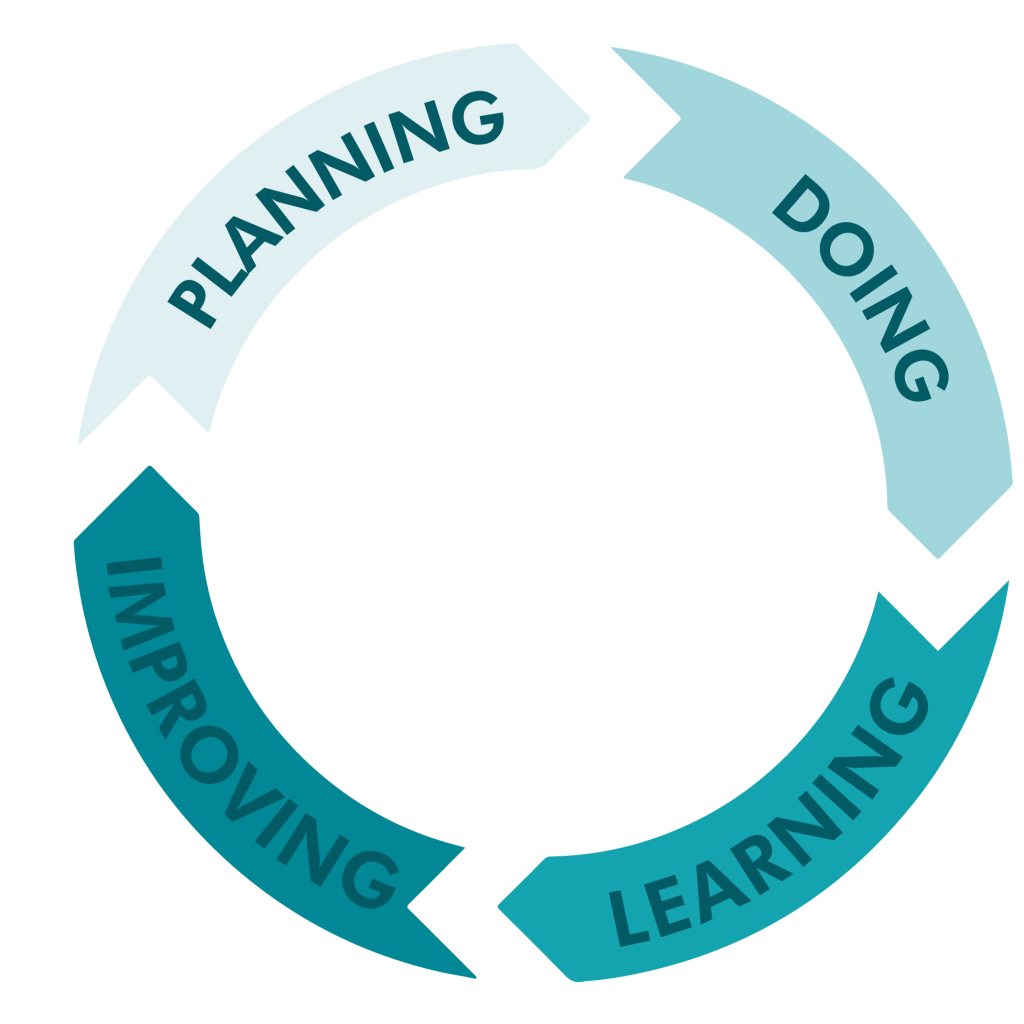Learn about Dynamic Accountability – what is it and why organizations should practice it.
See practical actions for embedding Dynamic Accountability throughout all phases of an organization’s work.
Check out case studies illustrating how different organizations practice Dynamic Accountability.
Learn about Dynamic Accountability – what is it and why organizations should practice it.
It is a people-powered form of accountability that is responsive to the feedback of all those people and communities impacted by an organization’s work.
Dynamic Accountability is an approach that goes beyond audited accounts and published reports. At the heart of the approach is a continuous dialogue with all those people impacted by our work (often referred to as stakeholders) about what they need, their priorities, what they offer, and how we can work together effectively.
It is about organizations creating spaces and a level of trust to be able to work together on what and how things should be carried out, as well as sharing the results and asking for how to improve.
When practicing Dynamic Accountability, CSOs move beyond a hierarchical ladder of accountability to a mutual, horizontal approach. Such relationship-building is fundamental to enabling a systemic change in the sector in the form of a power shift, whereby the people we work for and with become recognized drivers of the CSO work that affects their own lives.
See how Dynamic Accountability can be embedded in all phases of an organization’s work.

When planning a new program or activity in a dynamically accountable way, make sure that all those who will be impacted by the activity are consulted and have space to provide inputs that will be used when designing activities to ensure they reflect the needs and priorities of the communities they aim to serve. Things to consider:
This is the implementation phase where organizations are carrying out the planned activities. This is a moment of great collaboration between an organization, its partners and those people and communities it is working for. Things to consider:
Whether an organization is implementing a new program or initiating a collaboration, being able to track, understand, and learn from the progress being made is key. Things to consider:
Meaningful engagement means that stakeholders feedback is used in decision making and can influence learning and adaptation. Being accountable looks like communicating about results to be transparent, with both meeting and/or exceeding intended outcomes and any failures. Figuring out what works and what doesn’t is essential in order to improve our work and ensure maximum impact. Things to consider:
Check out case studies illustrating how different organizations practice Dynamic Accountability.
A new and much-needed approach for engaging
communities. Within this guide, research is framed as the spark for transformative justice. Anchored in a diverse, democratic, and decolonised approach, this Methodology is designed to centre girls and women in all their intersecting identities and place power into the rightful hands of women and young women to be the leaders of their lives and futures.
A pioneering platform for citizen feedback, dialogue, and community voice, bridging the gap between local community members and power holders and creating an environment conducive to collaboration by building mutual trust.
A framework for collecting stakeholder feedback and managing responses to ensure openness, continuous learning, and improvement - enabling Educo to respond quickly to feedback, course correct as needed, and better serve the communities they work for and with.